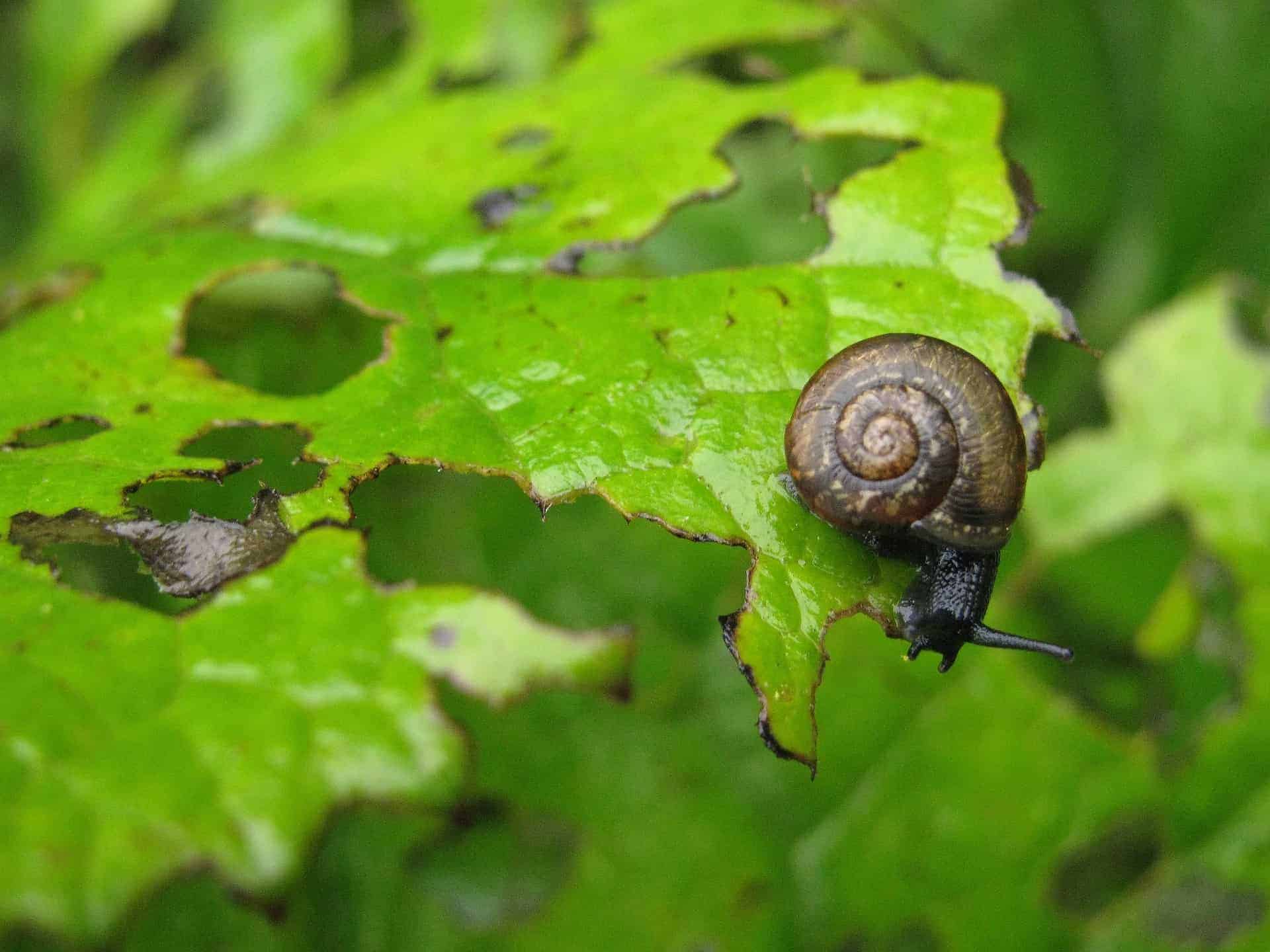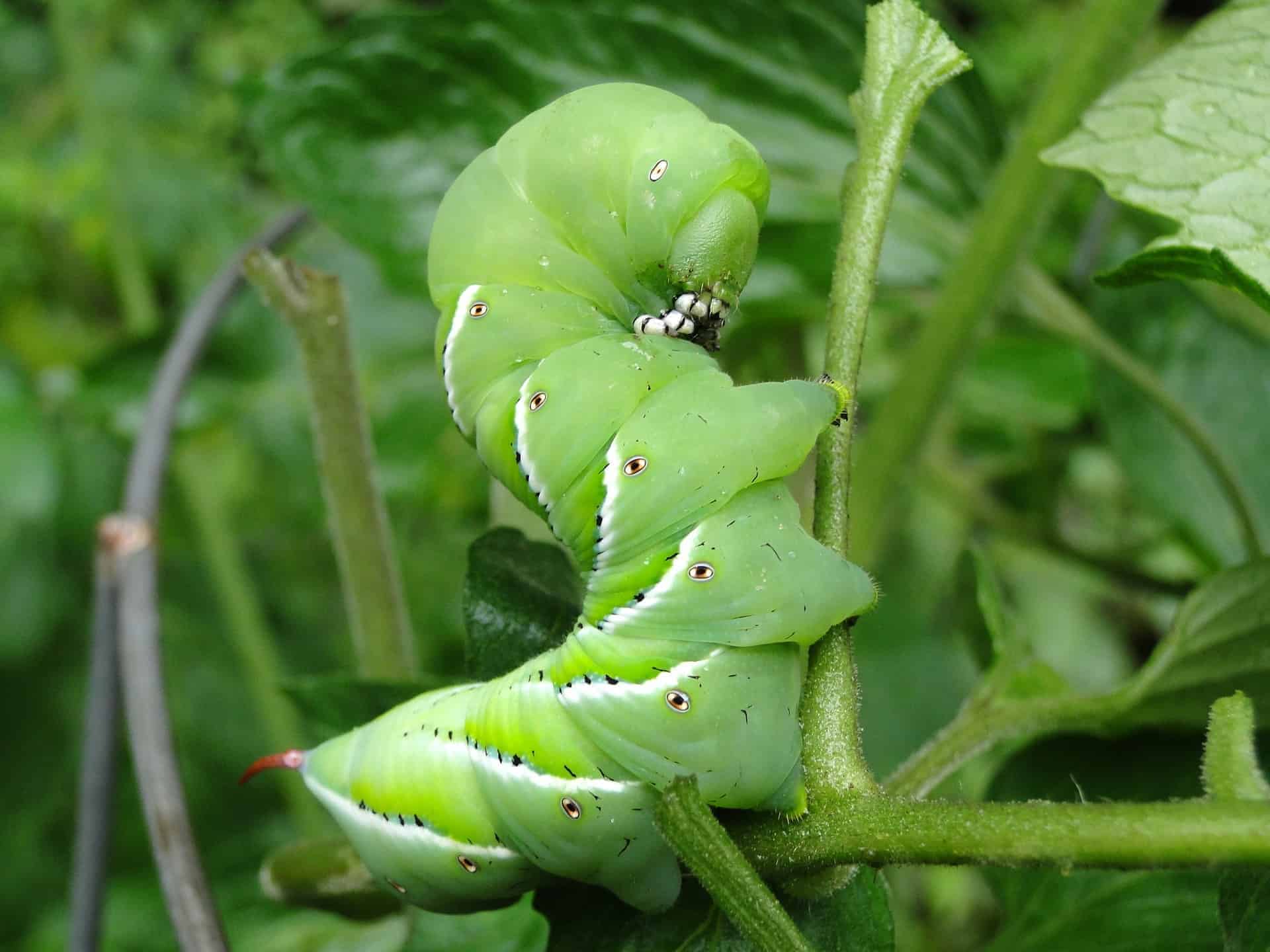Pests, be gone! Creating a healthy garden
We all want glorious gardens where pests don’t pester. The unseasonably warm weather has meant our plants are starting to thrive. But healthy plants are attractive to insects and other pests, which can decimate a garden in no time.
We don’t always think about the pests, but certain plants will keep away pests. Mint, chives and basil keep aphids at bay, while thyme, dill and cilantro will keep leafhoppers away. If you’re growing potatoes, garlic, catnip and yarrow ward off potato beetles. Although not a plant-eating pest, mosquitoes are unwelcome for everyone. Eucalyptol products or eucalyptus plants will discourage mosquitoes from invading outdoor spaces.
Most garden pests are small and not always identifiable, but feeding damage is a sign you have pests. Routine inspections are necessary and a great way to learn about plants and pests. If you can’t identify a pest, most local independent garden centres and nurseries can help. Take a sample of the damage or the pest in as soon as possible. Staff may also be able to provide you with treatment options. University extension services or programs are an excellent resource and are available online.

If slugs are an issue, trick these hungry invaders with the beer in a yellow bowl trick. Pour an inch of beer into an open plastic container. Budweiser is great, but any brand works. Bury the container in your garden so the top is level with the soil. Slugs will fall into the container. Dump the dead slugs into your compost bin and refresh the beverage.
Rabbits and small rodents can also be a problem if there isn’t enough natural vegetation. Chicken wire or a mesh fence will deter these critters from enjoying your vegetables.
Other strategies include:
- Planting early. This can be risky in cooler climates such as ours, but it is a great way to prevent initial pest problems since many insects and pests are not around during these early months.
- Weeding regularly. Healthy soil and a clean, weed-free garden is a good way to keep pests away.
- Covering your crops if you can. A simple plastic mesh or remay cloth is great for keeping caterpillars and beetles away.
- Rotating crops to decrease damage caused by over-wintering pests living in the soil. This will also promote healthier soils in the fall.
- Removing infested plants as soon as possible to prevent further spread. Damaged or weak plants should also be removed as they will attract pests as easy targets.
Some insects are beneficial. Ladybugs, spiders, ground beetles and wasps all eat destructive insects. Attract spiders by applying a thin layer of mulch in the spring. This provides them the cool environment they like, so they will stay and eat aphids or other pests. Planting herbs, flowers and clover around garden borders will attract pollinators and beneficial predator insects.
A balanced, healthy garden is achievable with time and without commercial chemicals.
For more information, check out www.pesticideresearch.com
Header Image: Gardeners can keep pests out naturally. Credit: Pixabay
Second image: Pests can leave signs of damage. | Photo by Jared Belson (https://pestpush.com/)







